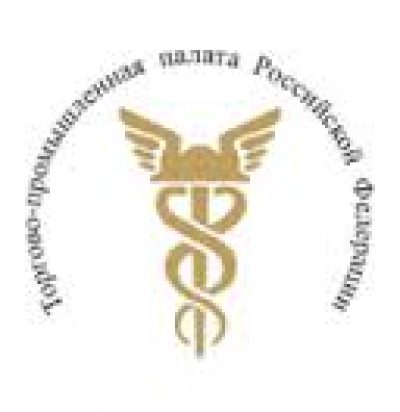The current legislation of Russia assumes the usage of compulsory licensing. According to position 1360 of the Civil Code, the Government is capable of allowing some company to produce the patented product without the consent of the patent owner with proper compensation to the patent holder, in order to protect the country’s security. However, the mechanism of usage of the right is not well-defined, according to ARPM Director General, Victor Dmitriev’s presentation at the conference held by the TPP of Russia on “The interest of Russian consumers and rights of foreign companies and their intellectual property.”
“It is time to begin the discussion on the mechanisms of compulsory licensing. When should it be applied? Economic security versus biosecurity? How should companies be compensated? What will be the procedures to select a production plant? All these questions must be thought through,” said Mr. Dmitirev.
According to Mr. Dmitirev the initiative to apply and use compulsory licensing was not created by a third-world country, as it is believed, however, by the U.S. Back in 2001, when there was a threat of anthrax epidemic, Tommy Thompson, U.S. Secretary of Health and Human Service expressed possibility to compulsory license and produce Bayer’s antibiotics. As the result, the price in the medicine decreased by half. Mr. Dmitriev asked to begin the discussion of the issues using the patent needs as a major touchstone.
Many industry members agree with the need to establish compulsory licensing. They believe that in today’s conditions it is the way to timely fulfill needs for patients with HIV, TB, hepatitis and other socially important diseases. The price of these medicines is too high for many patients and it accounts for 10% of the state budget on medicines. Having compulsory licensing will allow producing analogs of those medicines with the final price 70% cheaper.
Also, patent holders not only have high prices, but they also do everything to extend their patent rights using additional and secondary patents. Deputy Director General on the legal and administrative matter of “Biokad”, Alexey Katkov noted the importance to cancel additional patents which will allow saving budget spendings. Dmitriy Fedotov, Vice-president of “Pharmsintez” said that there is a need for a more strict regulation of secondary patents and innovation molecules.

